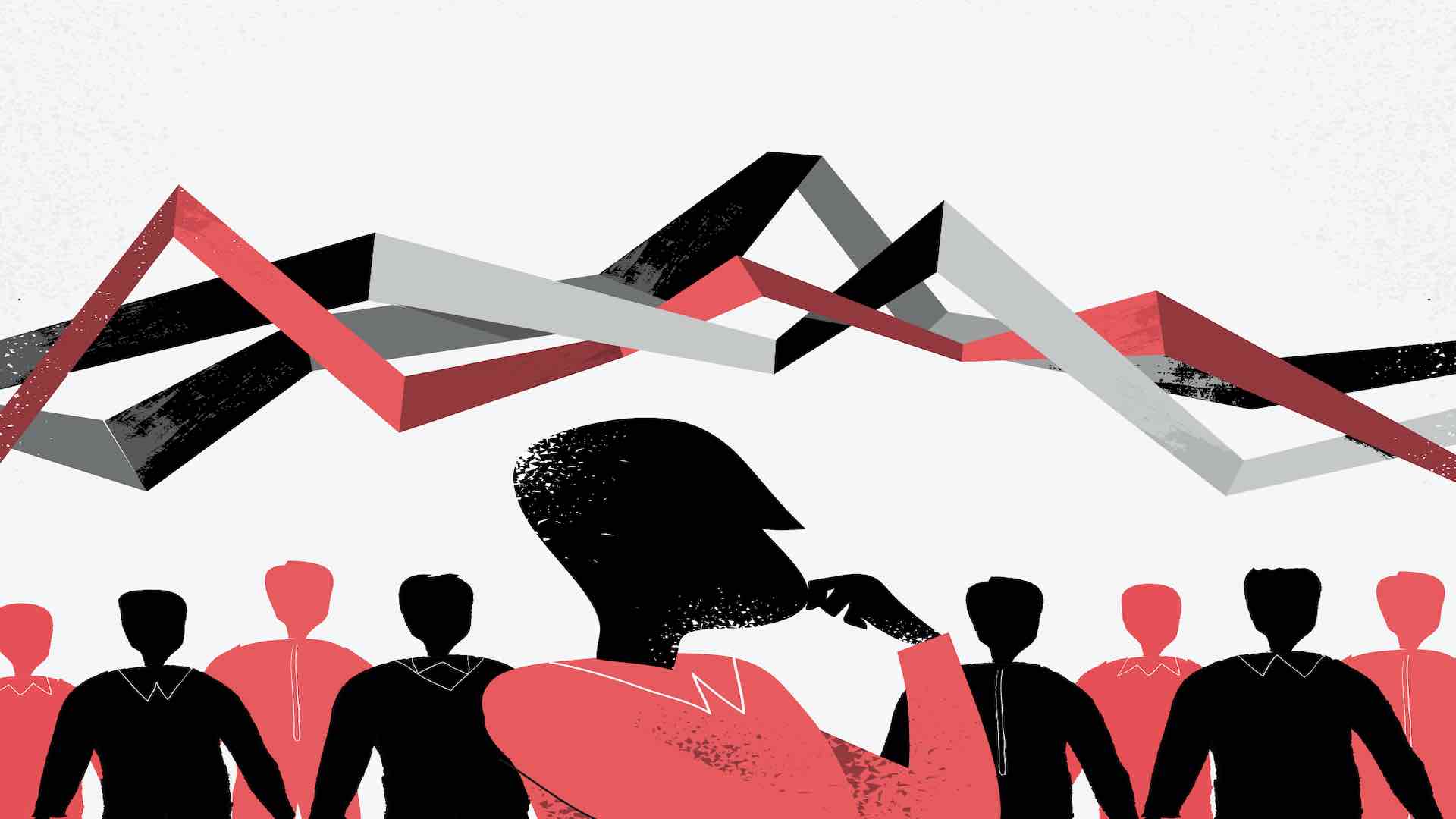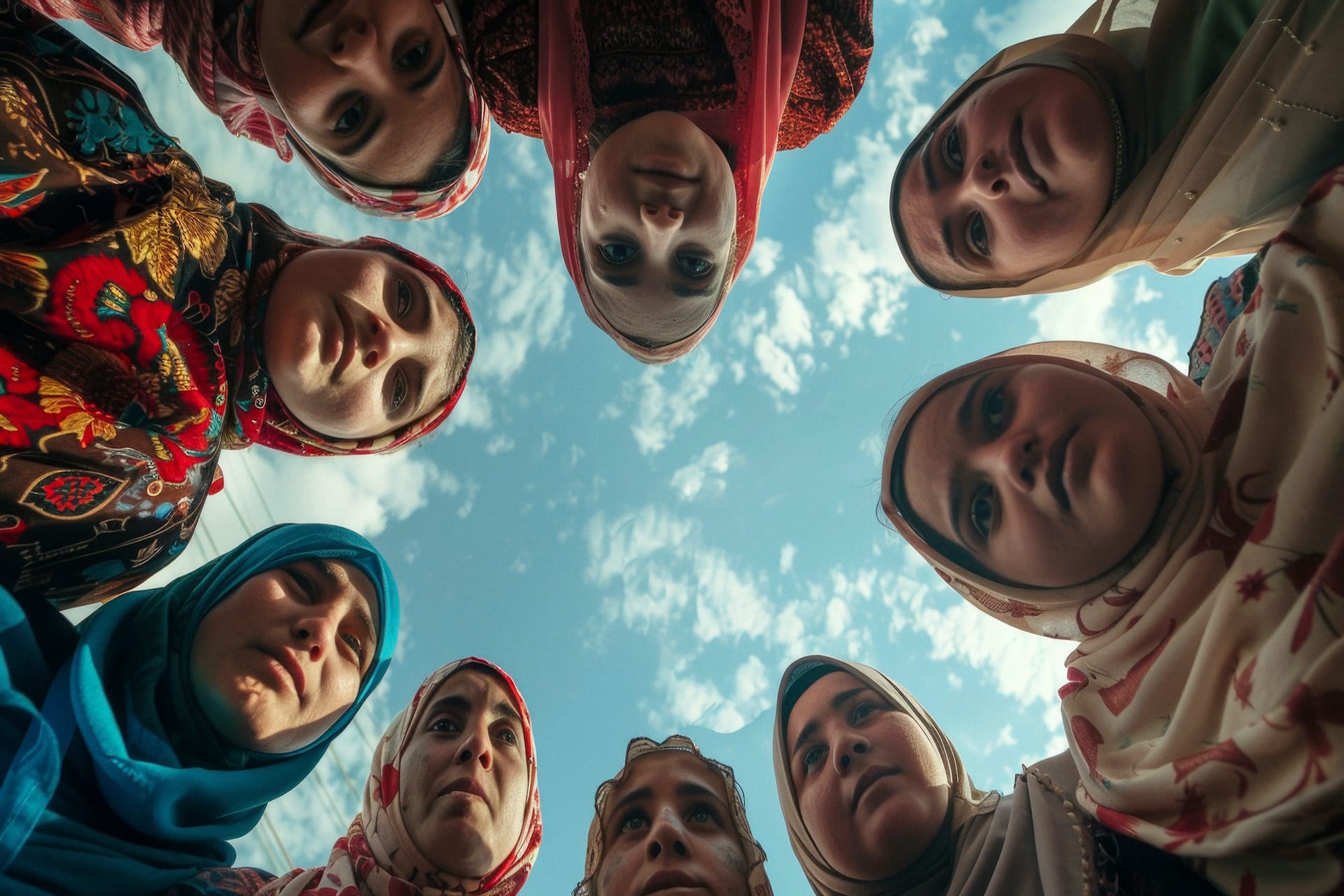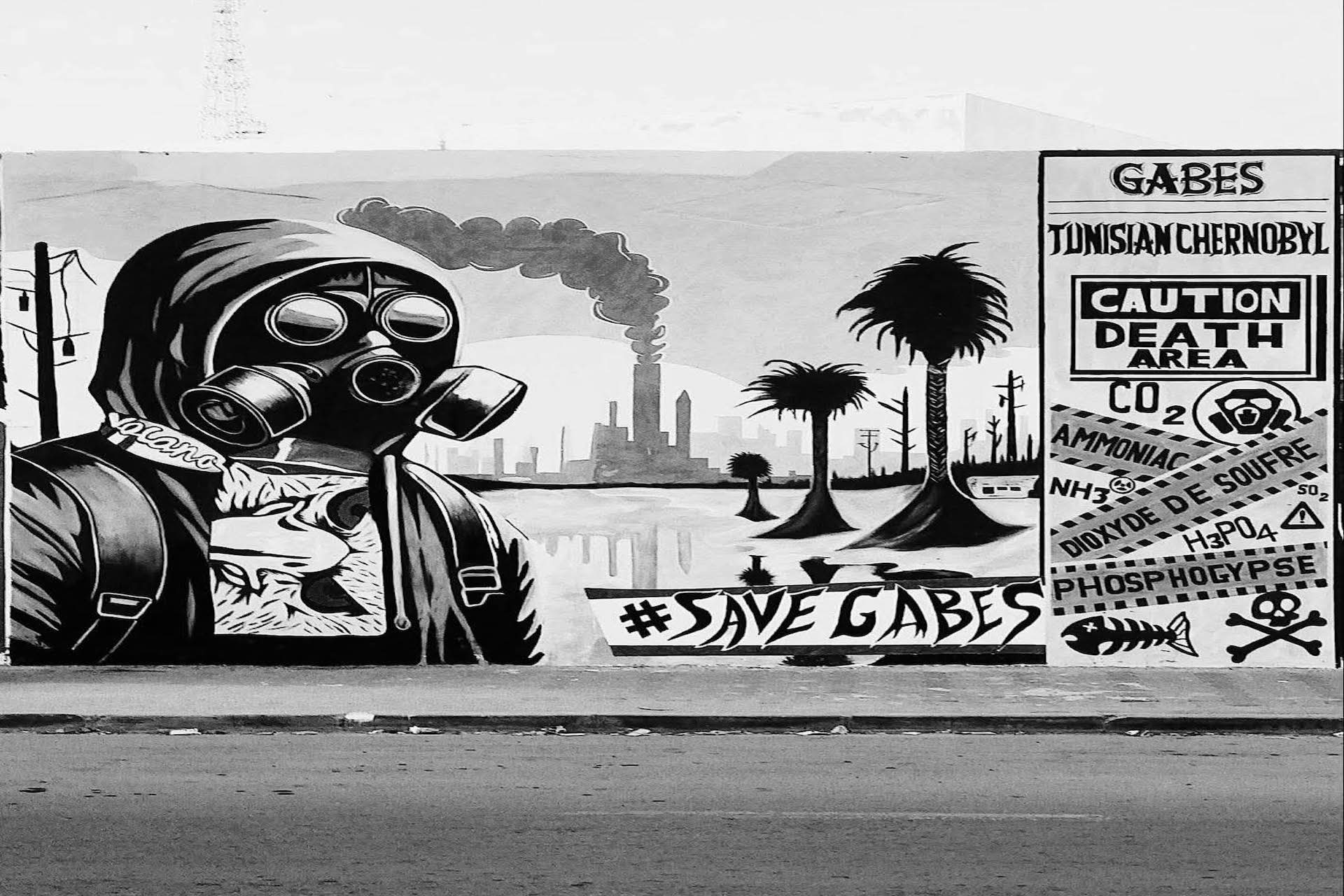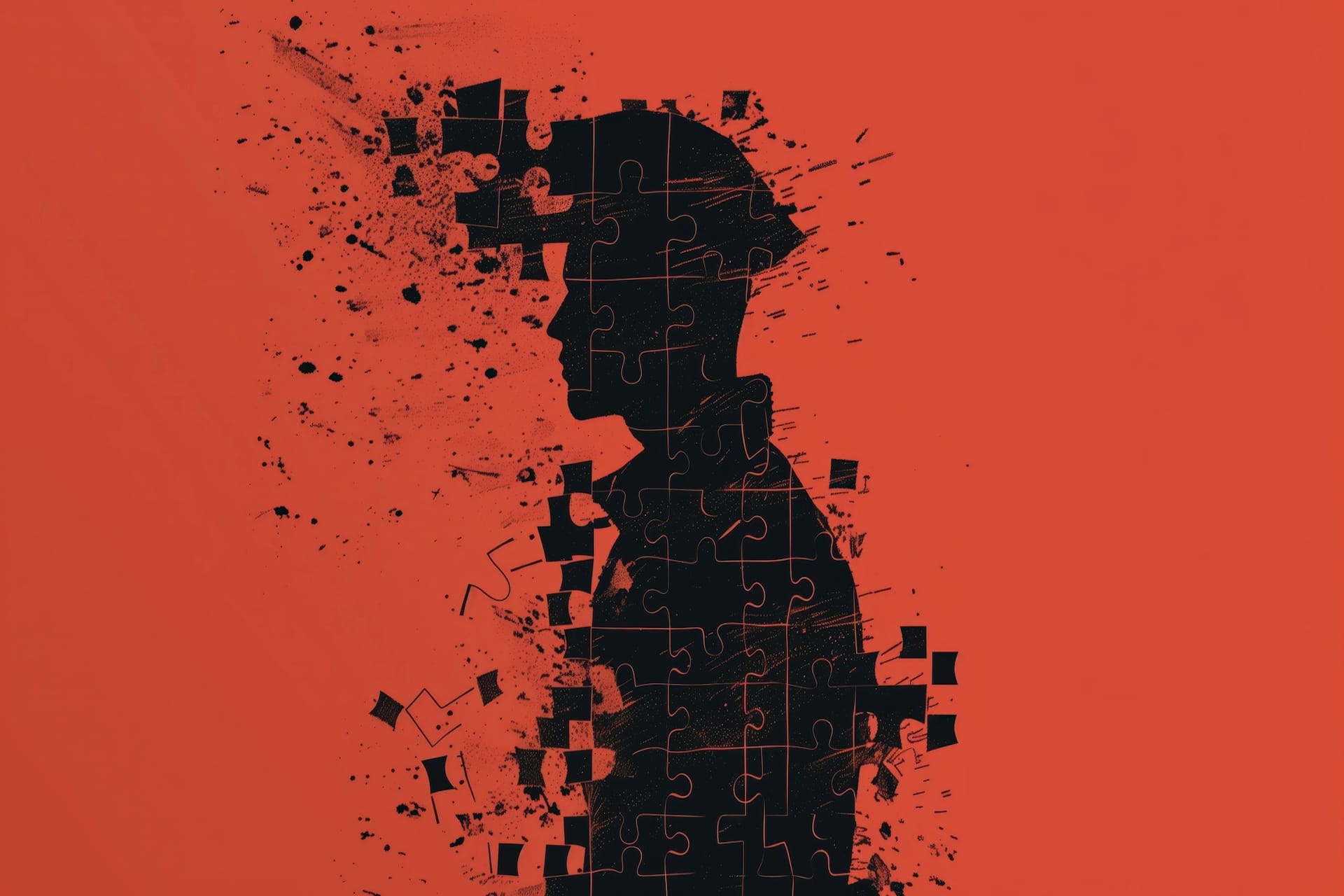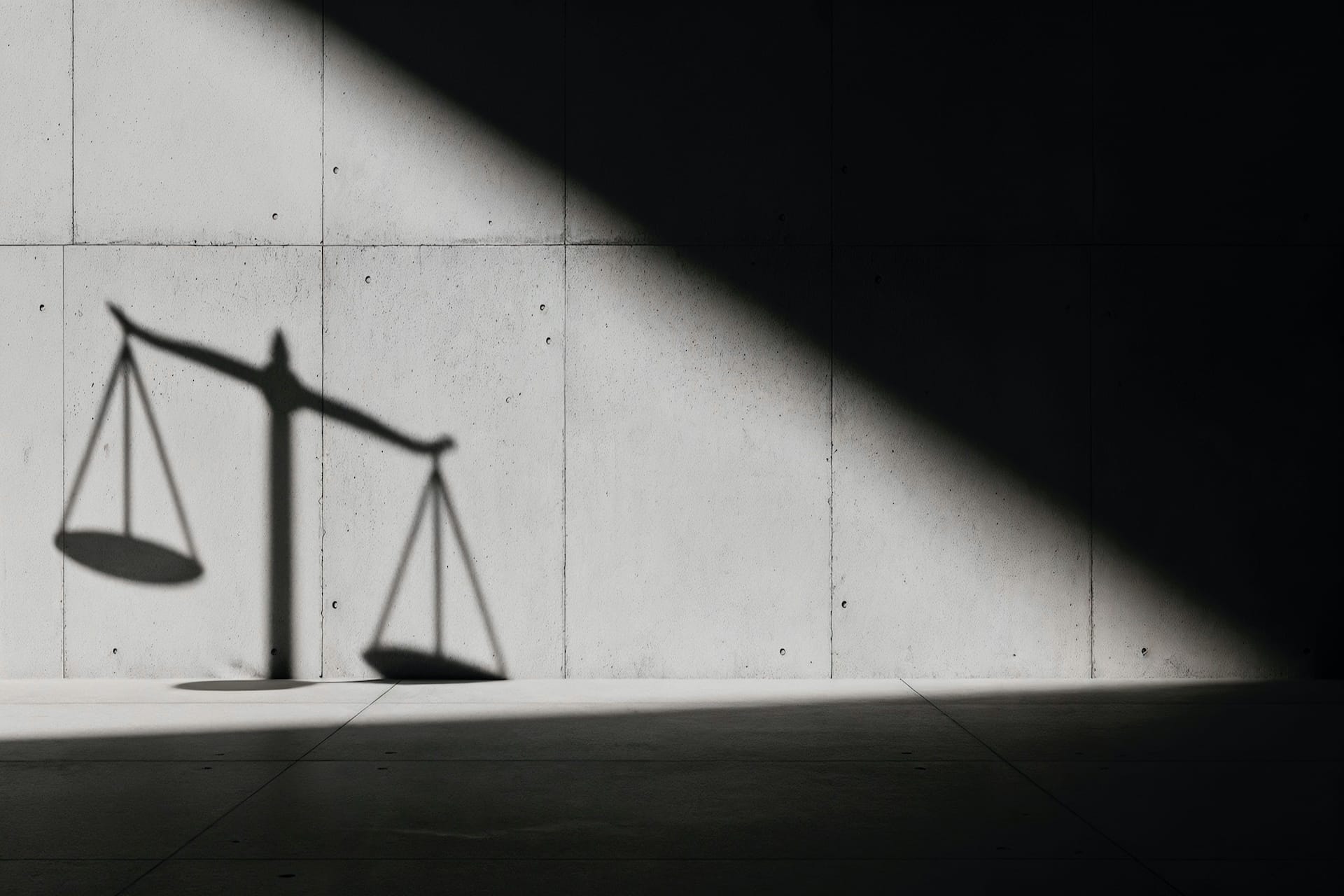Introduction: Tunisia’s Digital Crossroads
In 2025, Tunisia finds itself at the crossroads of digital opportunity and chaos. TikTok, the country’s most popular app, has become both a stage for creativity and a source of scandal. From flag desecration and cultural appropriation to suspicions of tax evasion by influencers abroad, the platform has triggered fierce debates about identity, economy, and law.
At the same time, Tunisia is pioneering the use of blockchain technology to combat fraud in education, proving that innovation can be a weapon against corruption. But can Tunisia apply the same rigor to TikTok’s chaotic digital economy?
TikTok Scandals That Shook Tunisia
One of the most notorious incidents involved a Tunisian TikToker living in Austria who tore the national flag during a livestream while insulting President Kaïs Saïed.
For many, this was more than provocation — it was an attack on national pride. Under Law 54, such acts can be prosecuted.
Yet the scandal also revealed a disturbing truth: provocation pays. The more controversial the content, the higher the views, the donations, and the profits.
The Hidden Millions: TikTok Streamers and Tax Evasion
Behind the viral videos is a lucrative digital economy. Analysts estimate Tunisian TikTok streamers can earn between €5,000 and €20,000 per month. Over a year, this equals €60,000–€240,000 per influencer — a fortune compared to Tunisia’s median salary.
And it’s not limited to Austria. Many Tunisian influencers are based in Italy, Qatar, France, and Austria, streaming in Tunisian dialects for Tunisian audiences, while bypassing Tunisian taxation systems entirely.
If hundreds of streamers operate at this scale, the undeclared revenues may exceed tens of millions of euros annually. Money that could support Tunisia’s schools, hospitals, and infrastructure disappears into private accounts abroad.
👉 Related reading: TikTok Money Laundering in Tunisia
📢 Call to Action
Should the Tunisian Ministry of Finance and foreign tax authorities in Italy, Austria, Qatar, and France collaborate to investigate this booming shadow economy? Is it time to demand that influencers profiting from Tunisian audiences register, declare, and pay taxes — just like any other business?
Public Outrage: Calls to Ban TikTok
On Reddit, Tunisians are divided. In one popular thread titled “TikTok should be banned permanently in Tunisia”, users expressed fears of disinformation and youth corruption:
“The app is a danger to our national security … the incredible amount of disinformation … a dumber generation.”
Others point to TikTok’s repetitive, low-quality content as a cultural threat rather than entertainment.
👉 See more: Tunisian TikTok Scandals & Illegal Activities
Cultural Appropriation or Appreciation?
Another controversy arose when a foreign dancer performed a traditional Tunisian dance on TikTok. Was it cultural appreciation or appropriation?
Critics argued she monetized Tunisian culture without compensating locals. Supporters responded: “Cultures exist to be shared.”
This debate shows how TikTok is not only an economic challenge but also a battlefield for cultural sovereignty.
Blockchain: Tunisia’s Anti-Fraud Weapon
While TikTok stirs scandals, Tunisia is quietly adopting blockchain to secure its education system. According to Bitcoin.com, blockchain is being used to prevent diploma forgery, ensuring documents are:
- Immutable (cannot be altered)
- Verifiable (instantly authenticated)
- Transparent (globally accessible)
If blockchain can protect academic records, why not apply the same technology to regulate influencer income, donations, or digital property rights?
👉 See more: TikTok Agencies in Tunisia: Risks & Opportunities
Towards a Tunisian Digital Strategy
To address the challenges of TikTok in 2025, Tunisia may need to:
- Regulate influencer revenues and require declarations.
- Protect culture by safeguarding traditional arts under UNESCO and national laws.
- Use technology like blockchain for financial transparency.
- Educate youth in digital literacy to resist misinformation.
Conclusion: A Turning Point for TikTok Tunisia
In 2025, Tunisia faces a paradox. The country is pioneering blockchain to fight fraud in education but still struggles to regulate TikTok’s financial and cultural chaos.
Without oversight, scandals, fraud, and tax evasion will continue eroding national sovereignty. But with smart regulation and innovative technology, Tunisia has the tools to transform TikTok from a scandal-driven economy into a regulated, transparent, and fair digital ecosystem.




